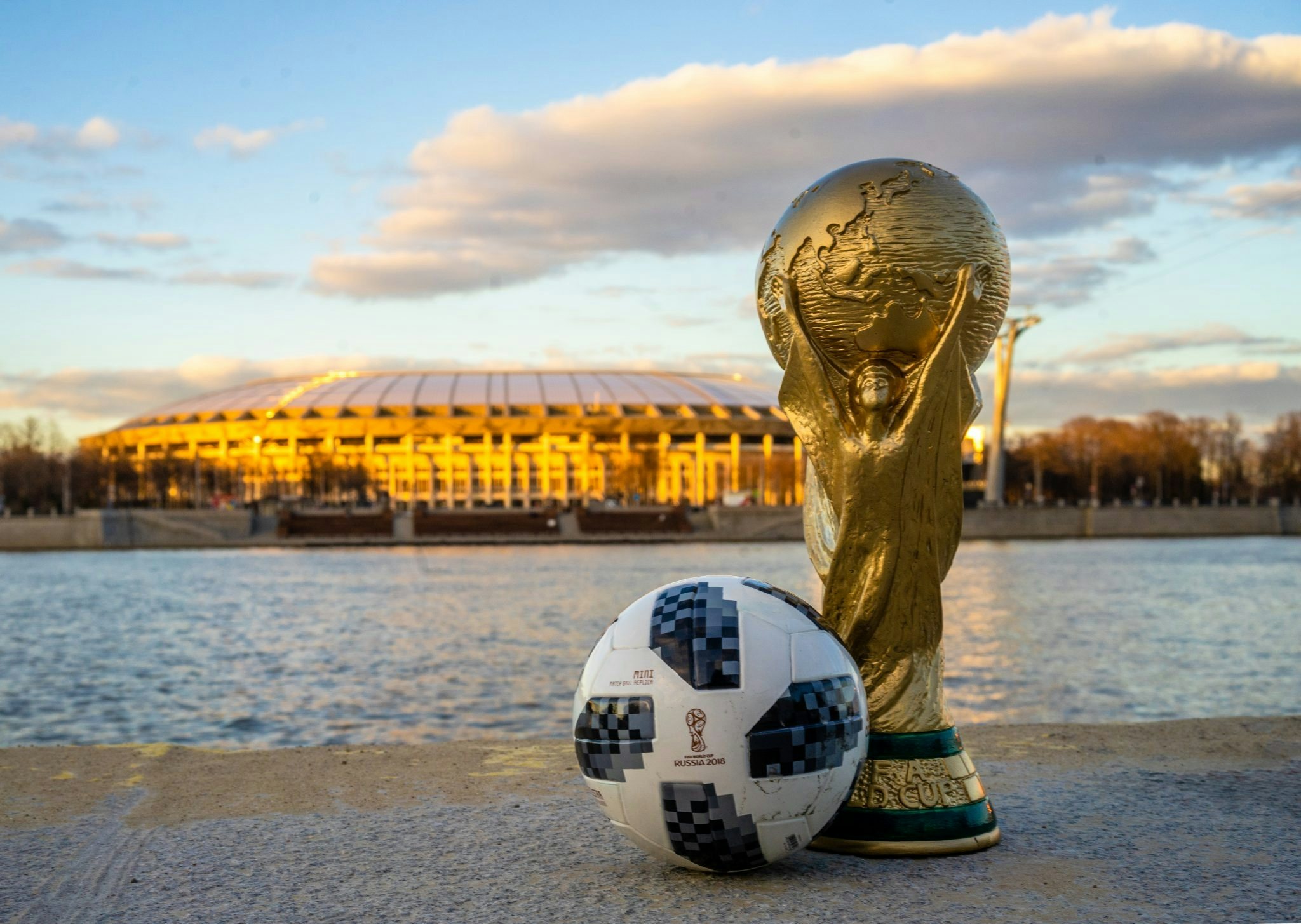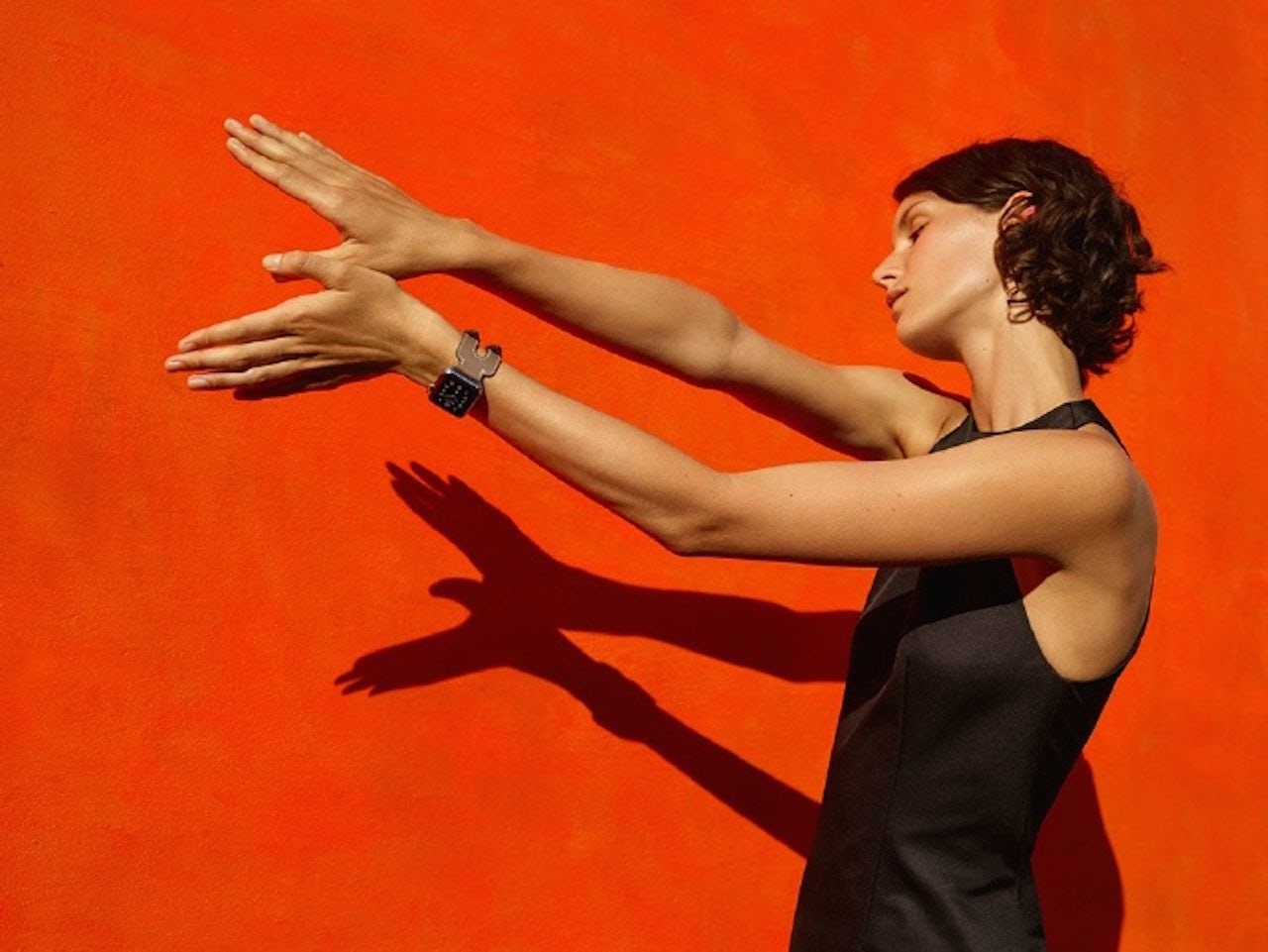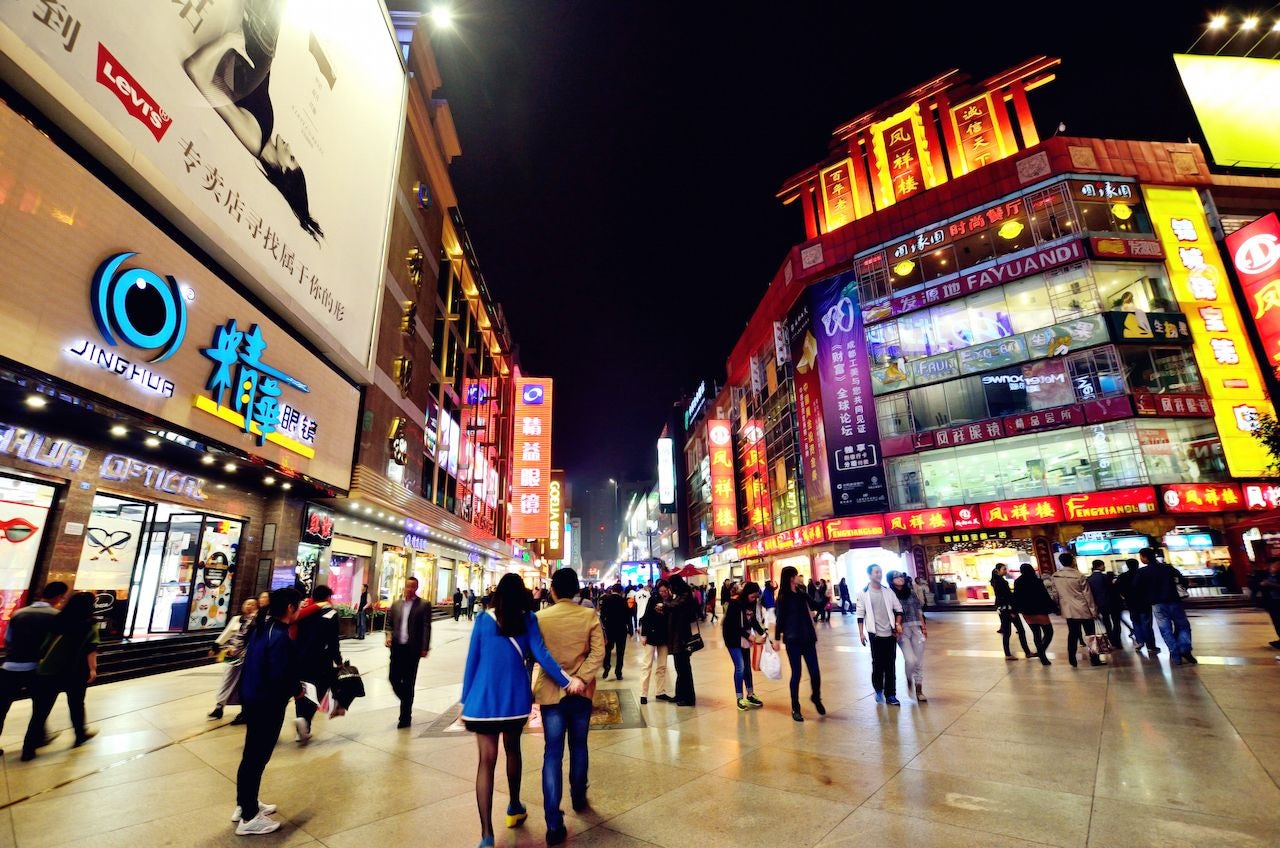The FIFA World Cup may not include a Chinese team (yet) but luxury brands are betting that this year’s tournament will attract plenty of Chinese football enthusiasts.
Swiss watchmaker Hublot, the official timekeeper of the World Cup, is one that’s hoping Chinese football fans will notice them, specifically their new, soccer-inspired smartwatch, the Big Bang Referee 2018. Hublot’s chief executive, Ricardo Guadalupe, thinks the watch, which is emblazoned with the flag of every world cup team and displays real-time game statistics to the wearer, will be particularly attractive to Chinese millennials—a huge market that brands like Hublot are currently salivating over.
“[Chinese millennials] are becoming big fans of football,” said Guadalupe in an interview with the football industry site Soccerex. “They watch the World Cup, the Premier League, the Champions League, and we try to talk to the younger generation.” But why not also promote the smartwatch to more mature soccer fans? “The older generation is more classical—they only wear classic watches,” Guadalupe explained. “I cannot transform this consumer, so I prefer to talk to the young ones, aged 20 to 25.”
Hublot is not alone in seeking out the attention of young, crazed football fans in China. Fashion houses like Louis Vuitton, Versace, and Kenzo have also taken advantage of the 2018 World Cup frenzy by releasing limited-edition capsules or one-off pieces in their Spring/Summer collections dedicated to the sport. Louis Vuitton mixed football and fashion this year with their leather Apollo and Keepall bags, both of which were available in a number of team colors. This football/fashion mash-up has taken off in China, even prompting top beauty bloggers to gush on Weibo about how the collection gives fashionistas a chance to participate in World Cup fever, even if they’re not your typical football fan.
Meanwhile, the high-end Moscow department store TSUM began wooing Chinese travelers during the tournament by announcing on June 1 on WeChat that it would host a flash sale of World Cup merchandise as both an Adidas brand collaborator and an official FIFA partner. During the sale, shoppers had the chance to meet football players, see the World Cup trophy up close, purchase limited-edition jerseys, and pick up a snazzy, limited-edition Adidas x TSUM football.
Even without World Cup inspired merchandise, luxury brands have seemingly become prevalent in online chatter about the World Cup, thanks to a number of popular tourney-related memes. Last month, the Beijing Youth Daily posted a cheeky chart that’s been making rounds on Weibo and WeChat which partners luxury fashion brands in a perceived hierarchy with ranked World Cup teams. Similar memes have popped up with varying rankings, but most have Hermes ranked number one (of course) alongside powerhouse teams like Argentina, Germany, and Brazil. Brands like Dior, Delvaux, and Chanel are equated with second-tier teams like Portugal, England, and Columbia.
While charts like these are good for a laugh, they also appear to bridge an important gap—helping female handbag lovers understand the storied soccer tournament, while their male counterparts learn the complex pecking order of luxury handbags brands. And it’s clear that China’s female luxury consumers really are tuning in to tournament. Chinese web celebrity Papi Jiang, who is known for her partnership with the luxury watchmaker Jaeger-LeCoultre, proves this with the recent short web video she produced. The viral rap/comedy skit, which purports that millennial women actually do love to watch the world cup, has garnered more than 39,000 comments and over 14.6 million views since it appeared online.
The Chinese government is even doing its part to fan the flames of Soccer fever of late. President Xi Jinping has targeted millennials in an effort to strengthen the country’s potential as a “world football superpower” by the year 2050. Resources have gone toward growing local interest in the sport and on bolstering the country’s on-field talent (China’s national team currently claims a meager world ranking of 75th behind much smaller countries like Macedonia and El Salvador.) But is all of this soccer hype seeing an effect at the tournament itself? It seems so, as tens of thousands of Chinese football fans have reportedly flocked to Russia to watch the matches.



